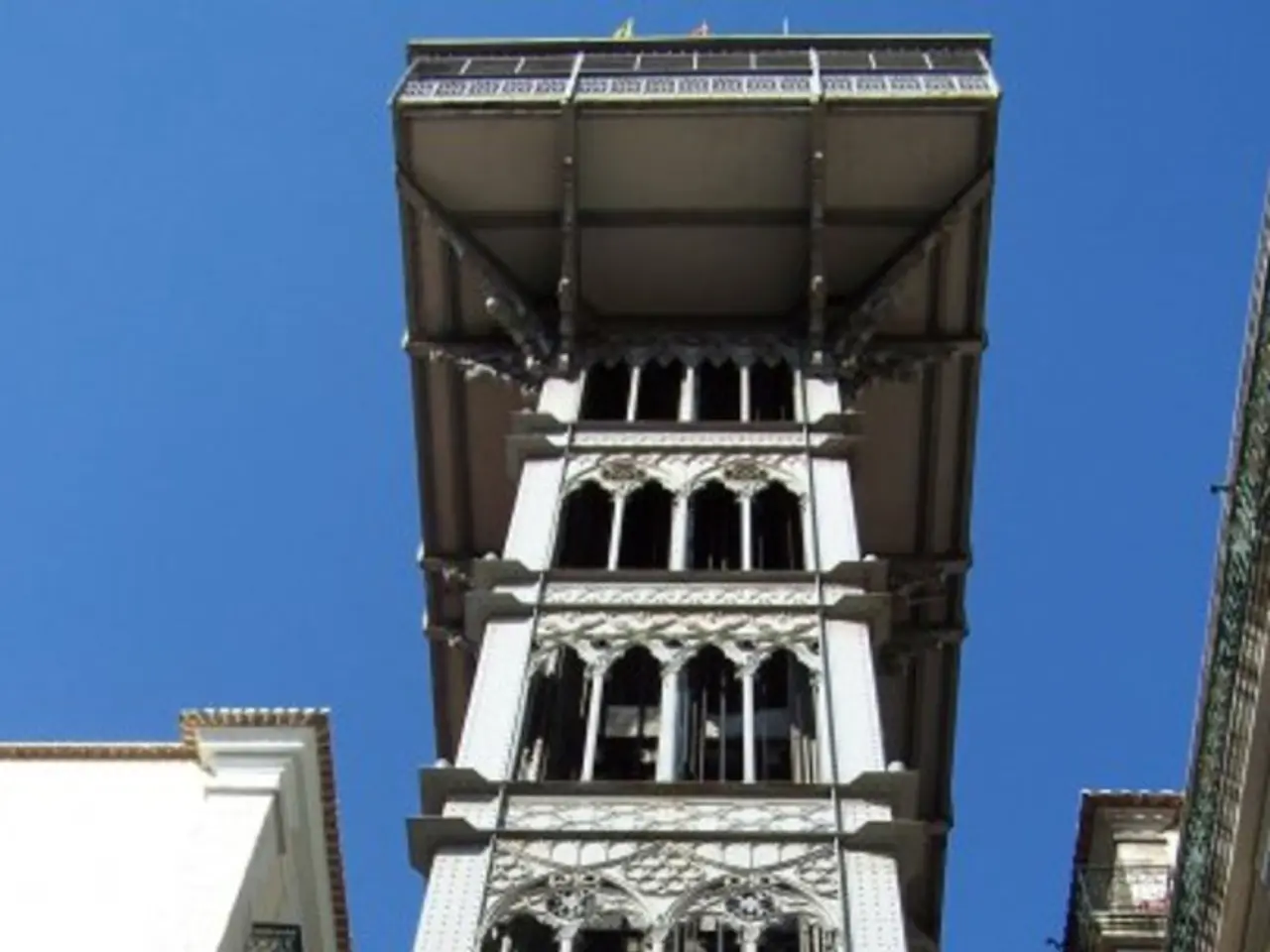Progressive taxation policies in Romania could potentially yield around 3% of the country's GDP in additional revenue.
Romania is considering a significant shift in its tax system, with the European Commission proposing a progressive taxation scheme that could have far-reaching consequences for the country's economy, employment, and GDP growth. The proposed scheme, which includes rates of 6%, 12%, and 18%, has sparked debate among politicians and economists.
The economic impact of this progressive taxation could be substantial. According to analyses, the transition from the current flat tax rate of 10% could generate an additional 11.8 billion euros (approximately 59.6 billion lei) in tax revenue, representing a 25% increase in current tax revenue. This boost in fiscal income would provide more resources for public investment or social programs.
The proposed model is designed to be redistributive, with the wealthiest households seeing their income decrease by 4.43%, while the poorest households might experience a slight increase of 0.16%. This redistribution could potentially support lower-income groups, possibly increasing their consumption capacity, which in turn may stimulate domestic demand and employment indirectly.
However, the impact on employment depends on how higher earners and businesses respond to increased marginal tax rates. If higher rates discourage investment or work effort for high-income individuals, this could have a dampening effect on job creation. The moderate top rate of 18% is not excessively high compared to many other EU countries, but its effect on employment remains uncertain.
The extra government revenue could be used to fund public services and investment in infrastructure, education, and healthcare, which are critical drivers of sustainable GDP growth. By reducing inequality slightly, the progressive tax system could foster more balanced economic growth as lower and middle-income households generally have a higher marginal propensity to consume.
However, there could be some distortionary effects if higher tax rates reduce incentives for entrepreneurship or productivity among higher earners. The extent of this impact would largely depend on the broader fiscal and economic context and how additional government spending is managed.
The progressive tax scheme fits into a broader set of fiscal reforms in Romania aiming to avoid economic crises similar to the 2009 downturn, which was marked by deep GDP contraction and austerity measures. Romania is also revising other tax models, indicating a broader trend towards more nuanced taxation.
It is important to note that the Commission's recommendations do not discuss the personal deduction in the current tax system of Romania, nor do they specify a particular progressive taxation scheme. The Commission recommends ensuring a fair tax system, with the same rules for income regardless of its nature, and suggests that the decision on progressive taxation should have significant support at the societal level.
In summary, the implementation of a progressive tax with rates of 6%, 12%, and 18% is expected to increase government revenue significantly and slightly reduce income inequality, potentially supporting consumption and balanced growth. However, the precise effects on employment and GDP growth will depend on behavioral responses and how the government utilizes the additional revenue to foster economic development.
The proposed progressive taxation scheme, with rates of 6%, 12%, and 18%, could lead to an influx of funds in Romania's public sector, as it is estimated to generate an additional 11.8 billion euros in tax revenue, which could be used for investment in public services, infrastructure, education, and healthcare. This redistributive model, with the wealthiest households seeing a decrease and the poorest potentially experiencing a slight increase, could indirectly stimulate employment by increasing lower-income groups' consumption capacity.




